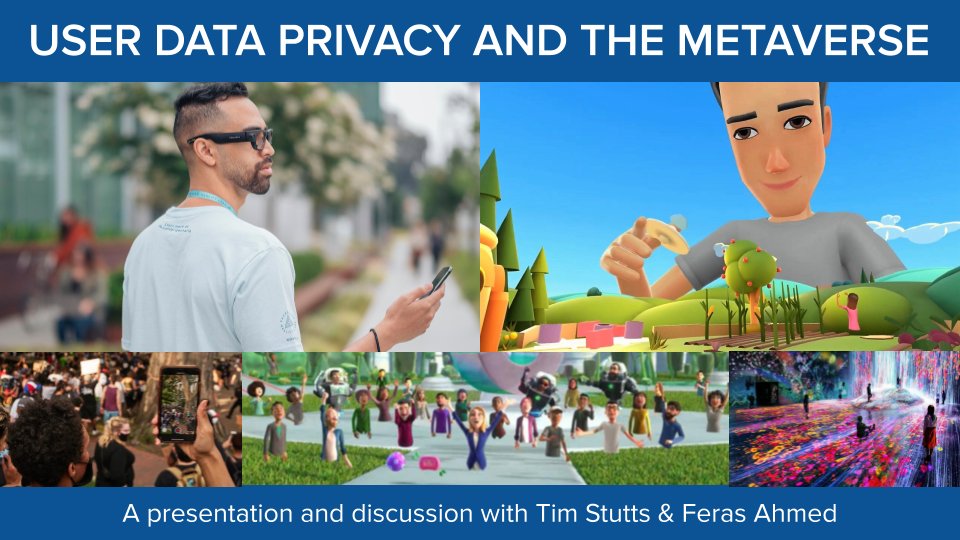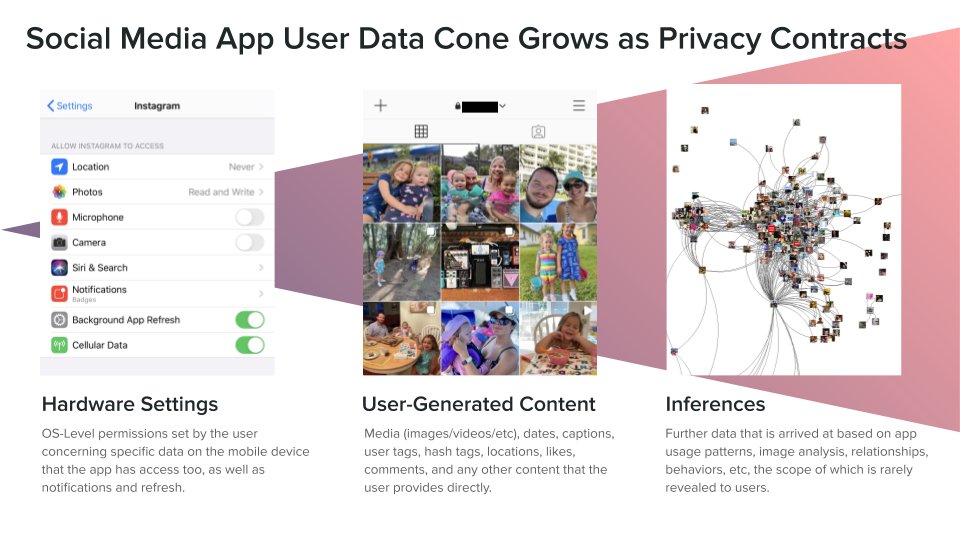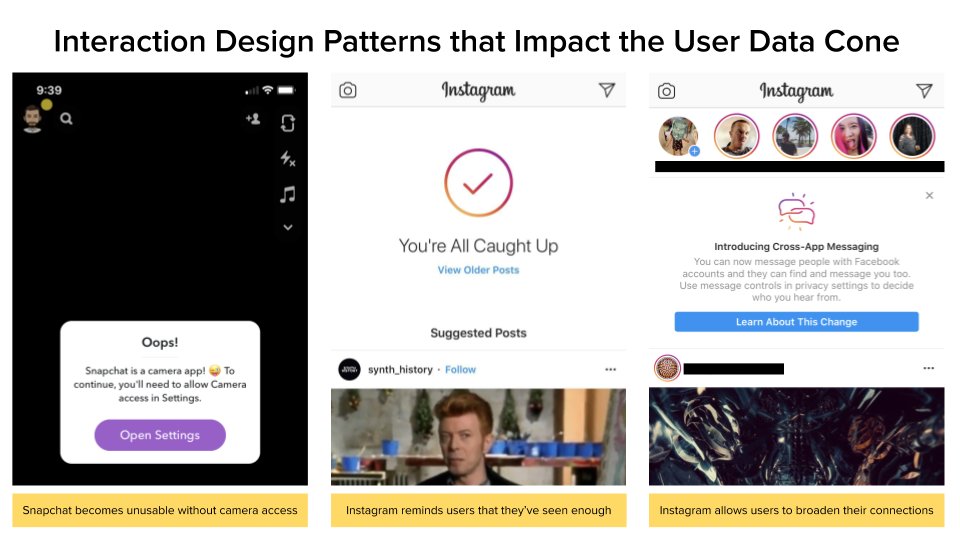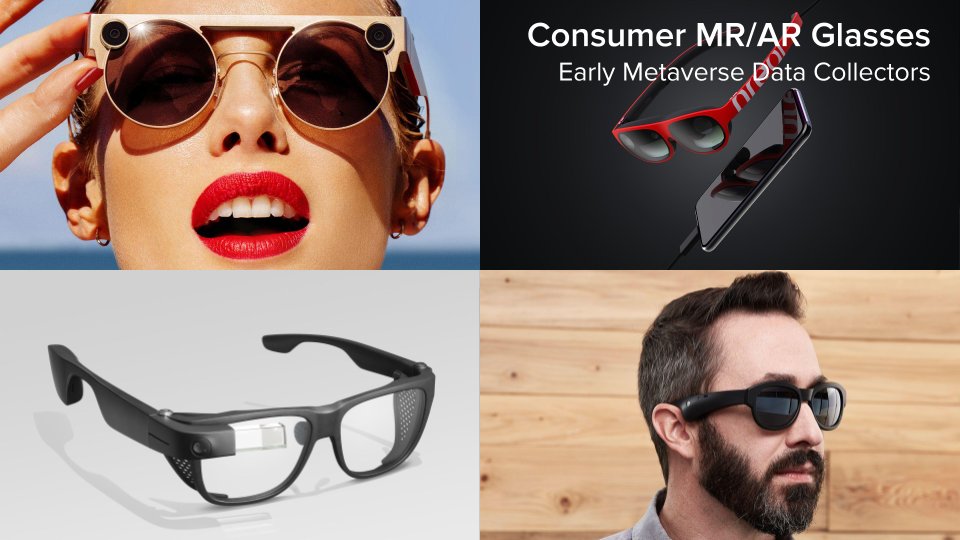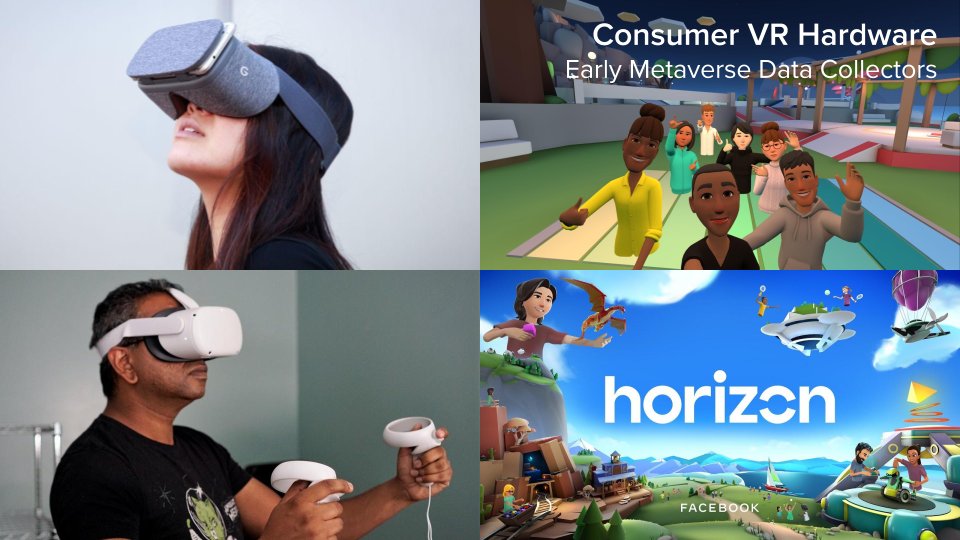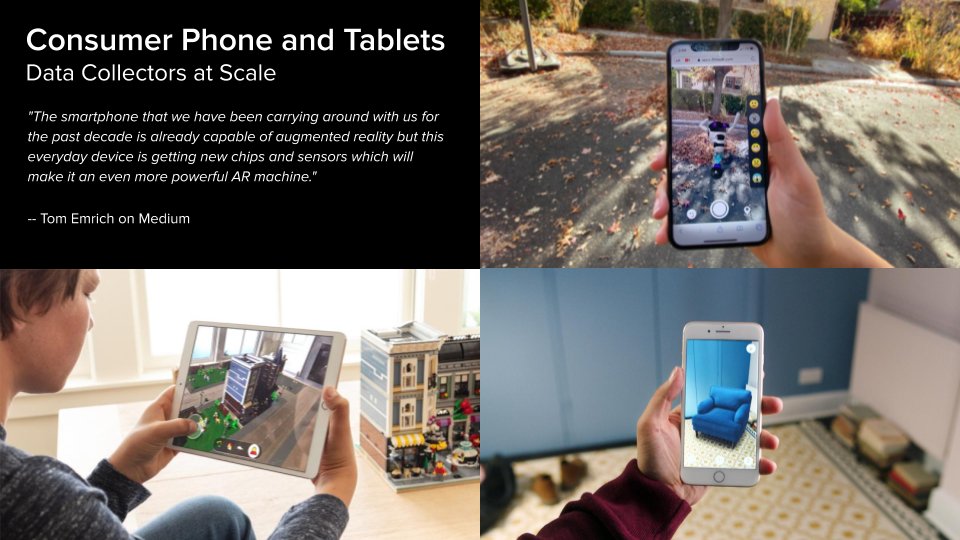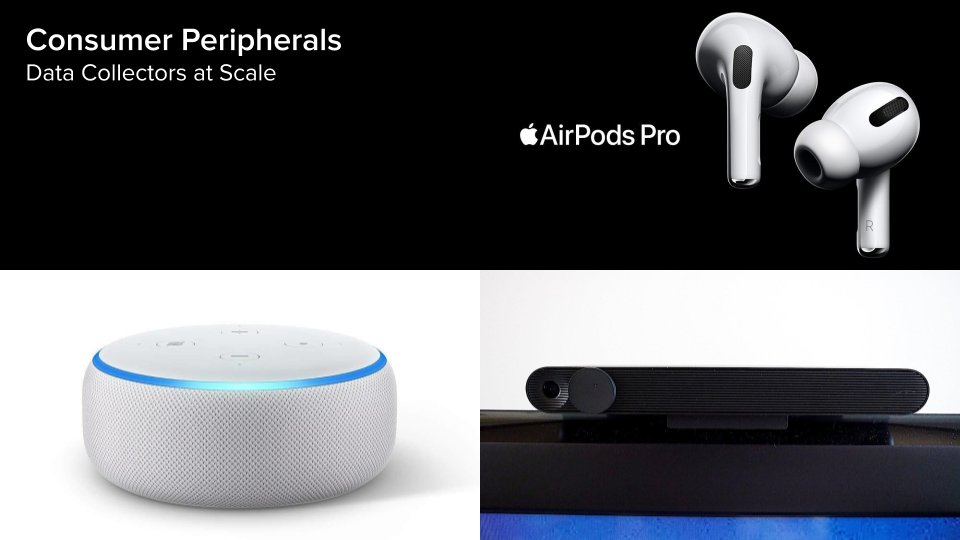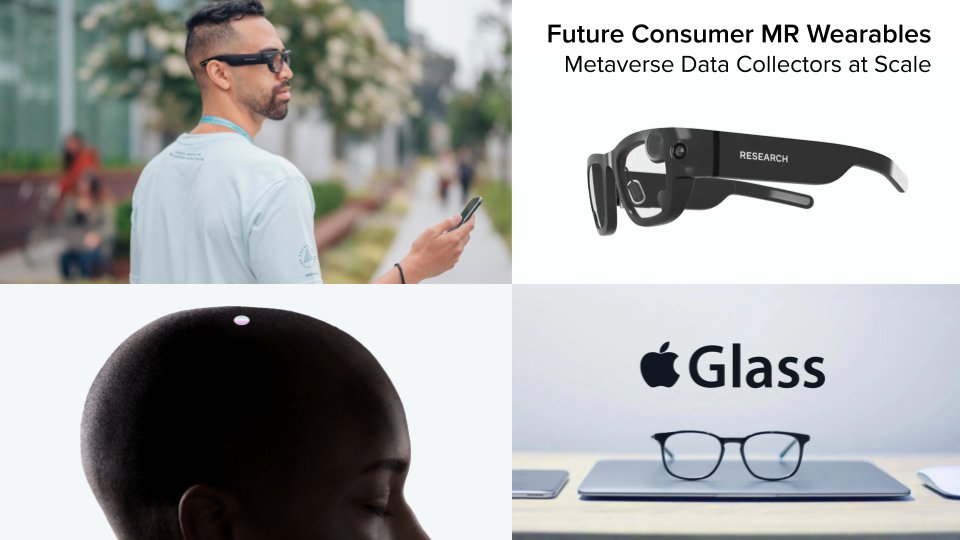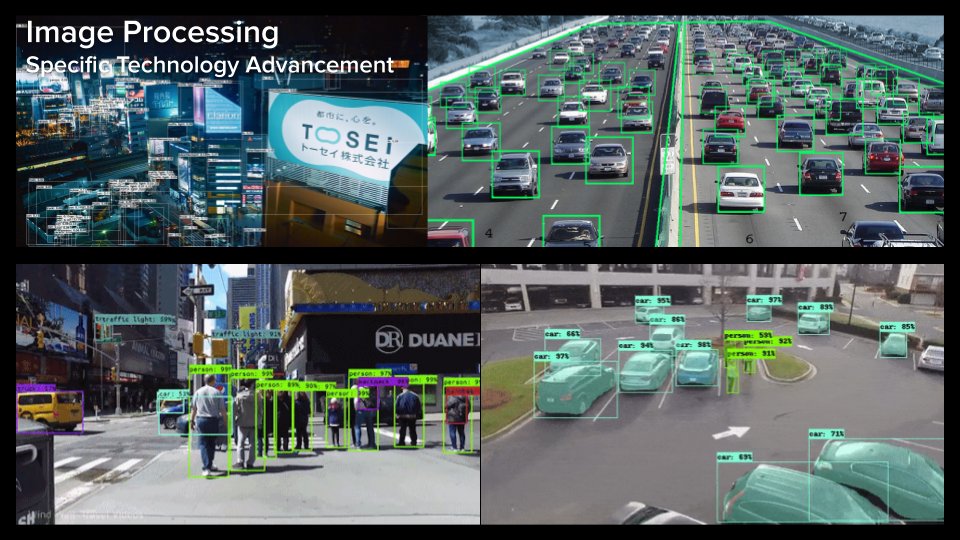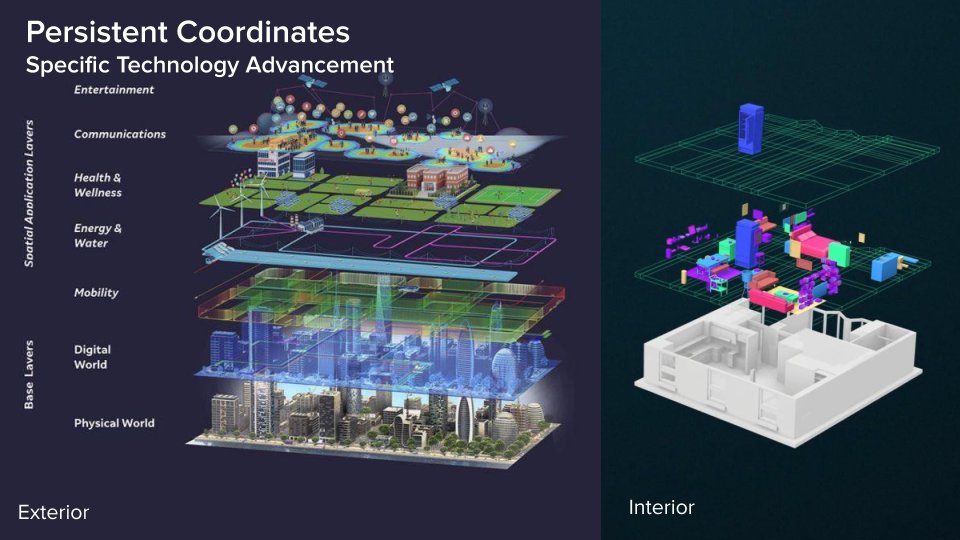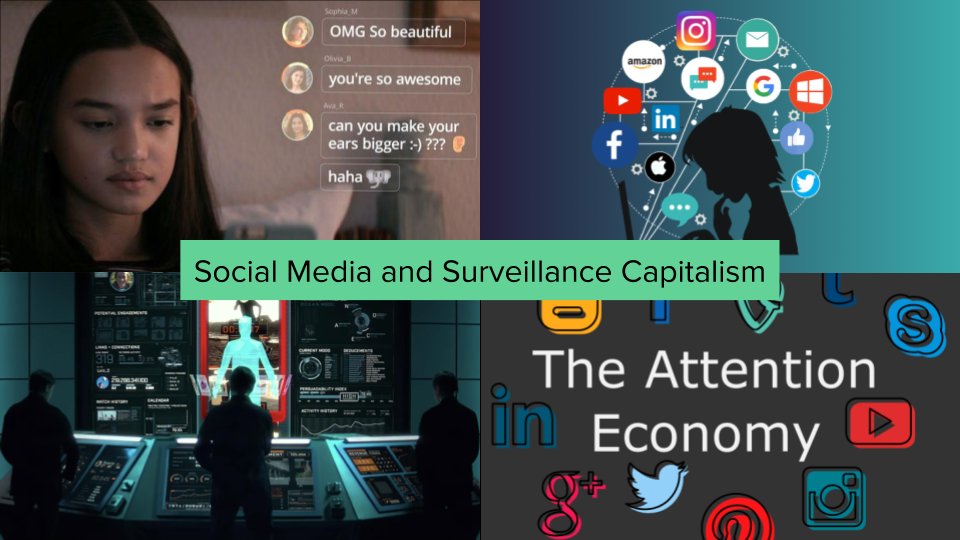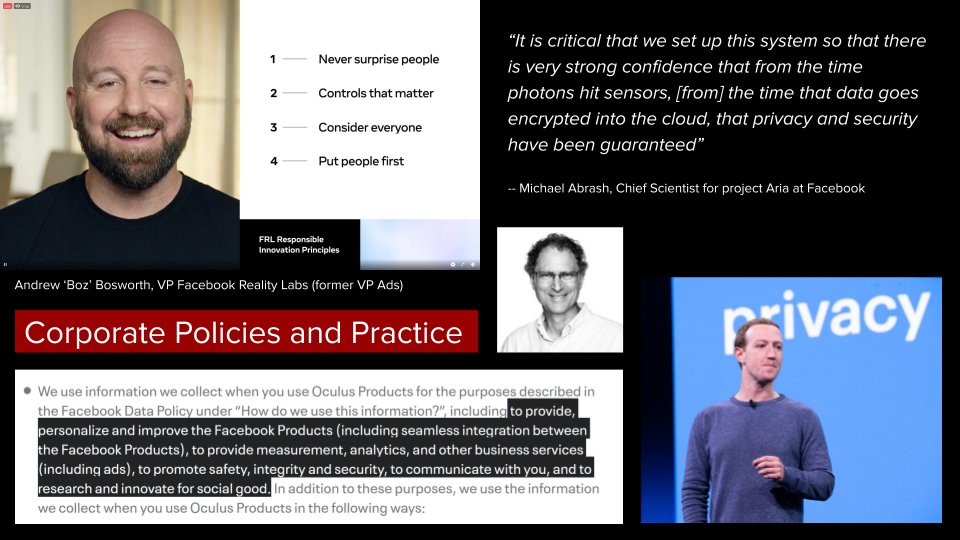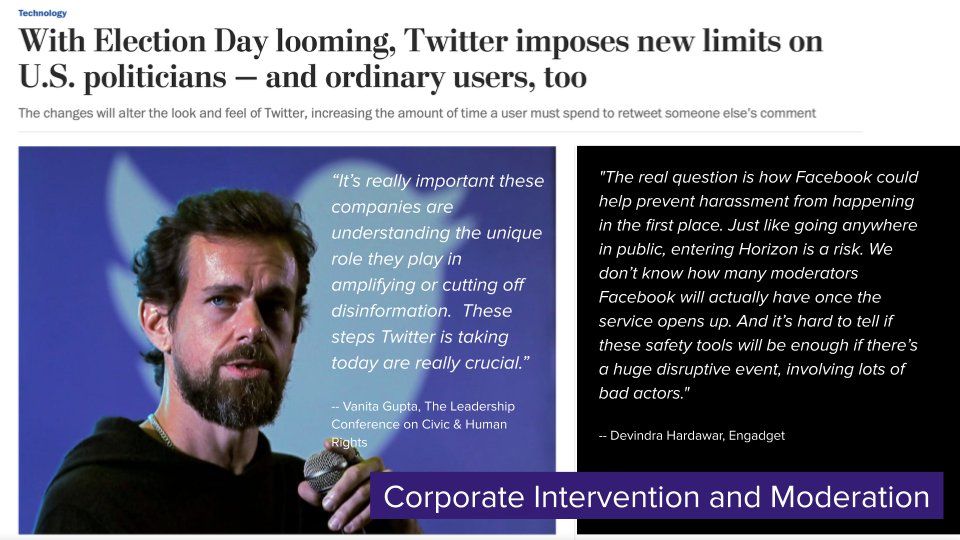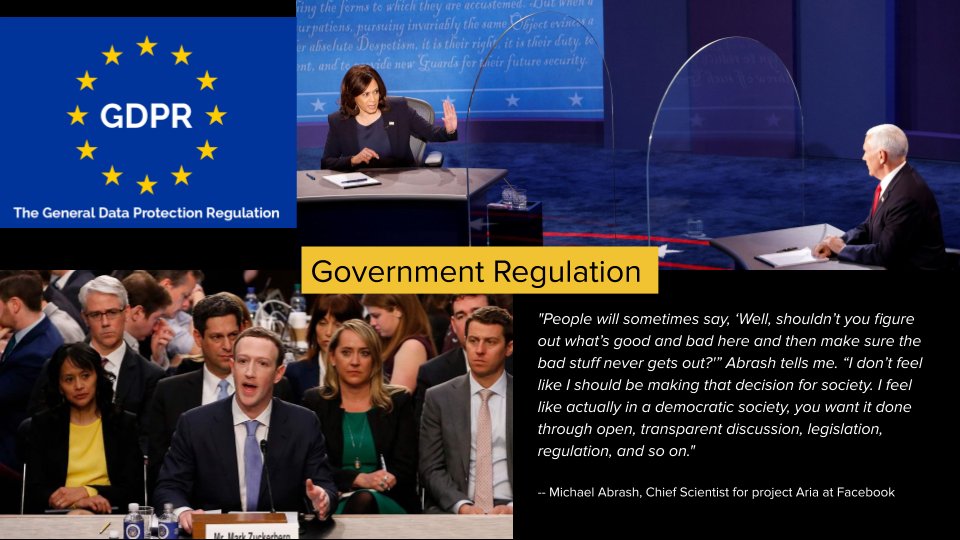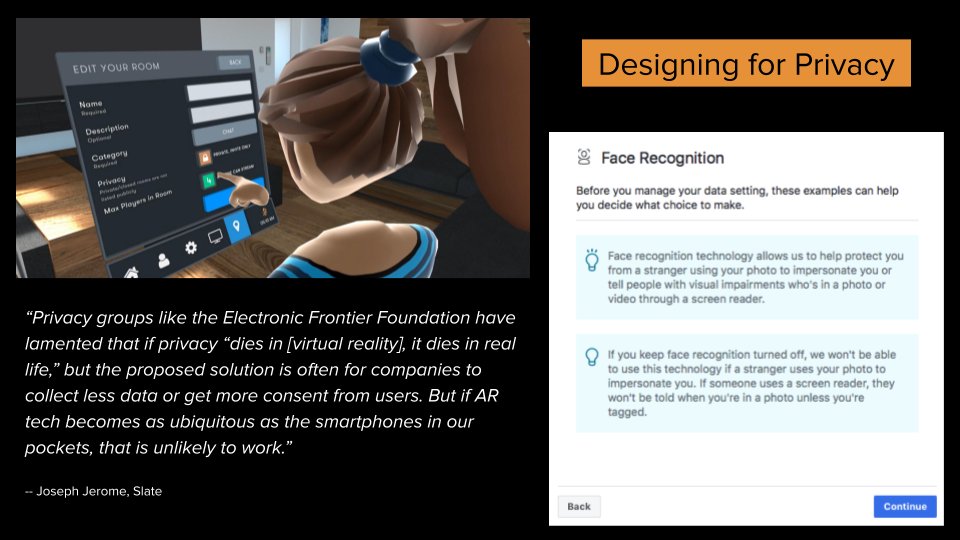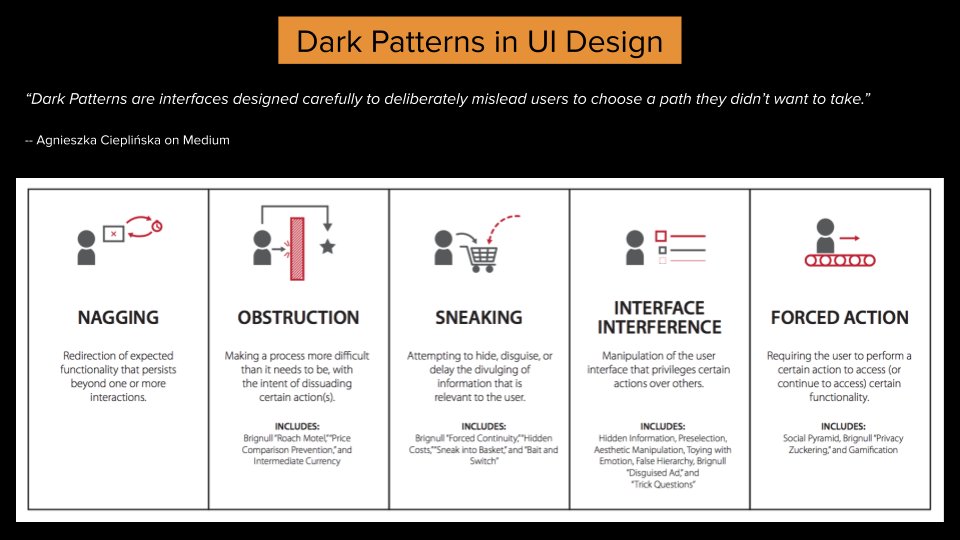thread. sharing a recap of the "user data privacy and the metaverse" presentation & discussion I led w/ @ferasity last week, since the content is timely. the original concept evolved around a speculative look at how xr technology& #39;s usage could play out during a 2024 us election. https://twitter.com/timstutts/status/1316042526529384449">https://twitter.com/timstutts...
we quickly shifted course after accepting that an early stage xr metaverse already exists. while pt 1 of the talk would be focused around our previous work in privacy design & compliance for enterprise xr, pt 2 could look towards a near future in consumer xr & user data privacy.
social media app user data can be represented as a growing cone. platform settings hardly discourage what a user places on the other side of the walled garden. in-app interaction design patterns impact the cone in interesting ways. as the cone grows, privacy tends to contract.
hardware devices of today running applications that are free / ad-monetized (often social media or e-commerce related) can be thought of as early metaverse data collectors. the amount of data gathered is vast. some, like cellphones & smart speakers are already operating at scale.
xr hardware and apps of today, like facebook quest 2 + horizon (& dozens of headsets of varying vr/ar/mr functionality w/ their own apps), already operate in a dedicated immersive xr realm, though not a metaverse at scale. fb project aria, apple glass & nueralink may change this.
along with xr hardware and apps, other technological advancements in algorithms (processing), cloud computing & storage (distribution), transmission (bandwidth), etc, will expand the amount of user data collected & shared across a more connected metaverse, for better & worse.
issues of today, including patterns in social media that serve us content to keep us coming back, will eventually manifest themselves as immersive, spatial content. leading up to a 2024 election, we may engage w/ content & entities, while wearing xr goggles out in the metaverse.

 Read on Twitter
Read on Twitter